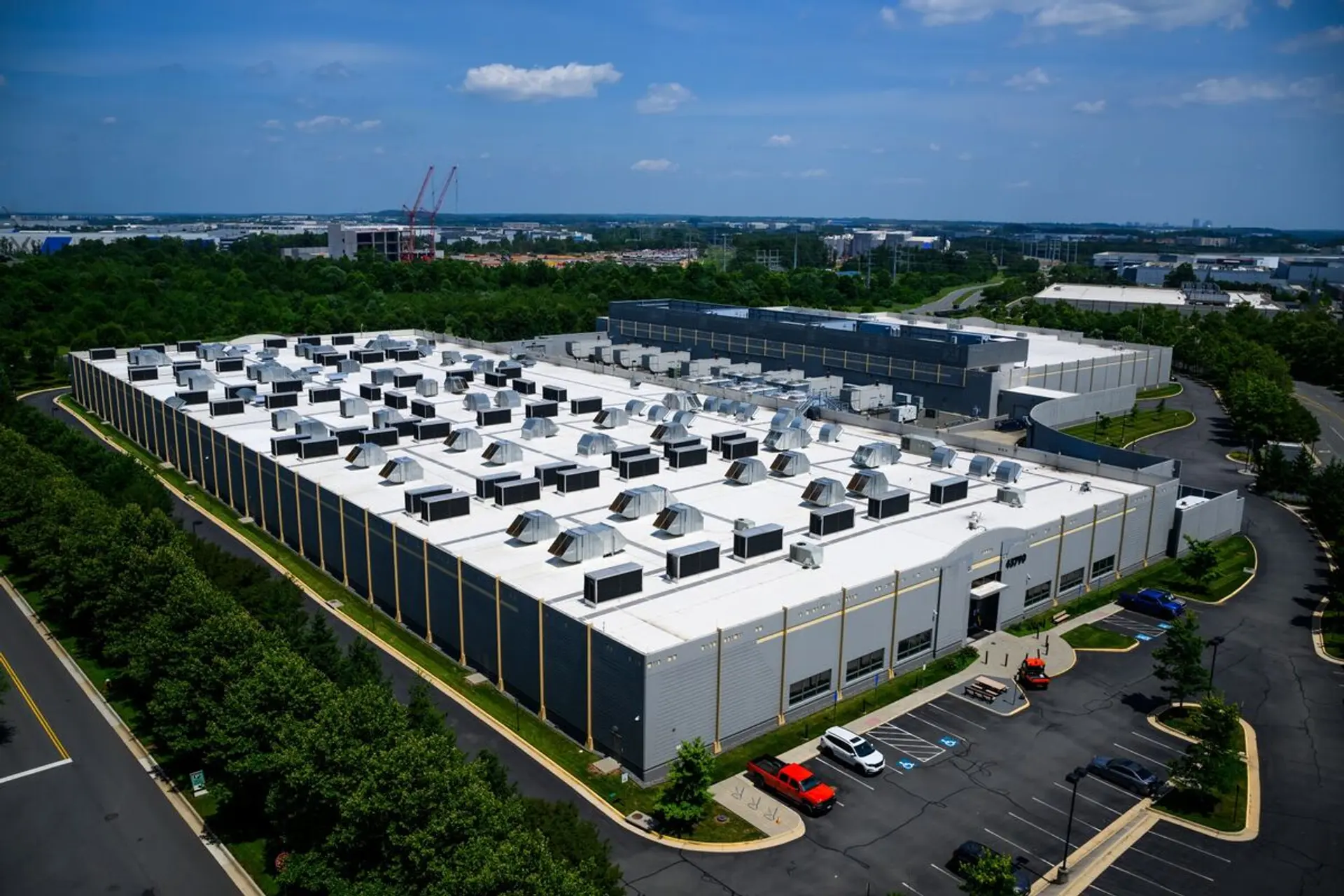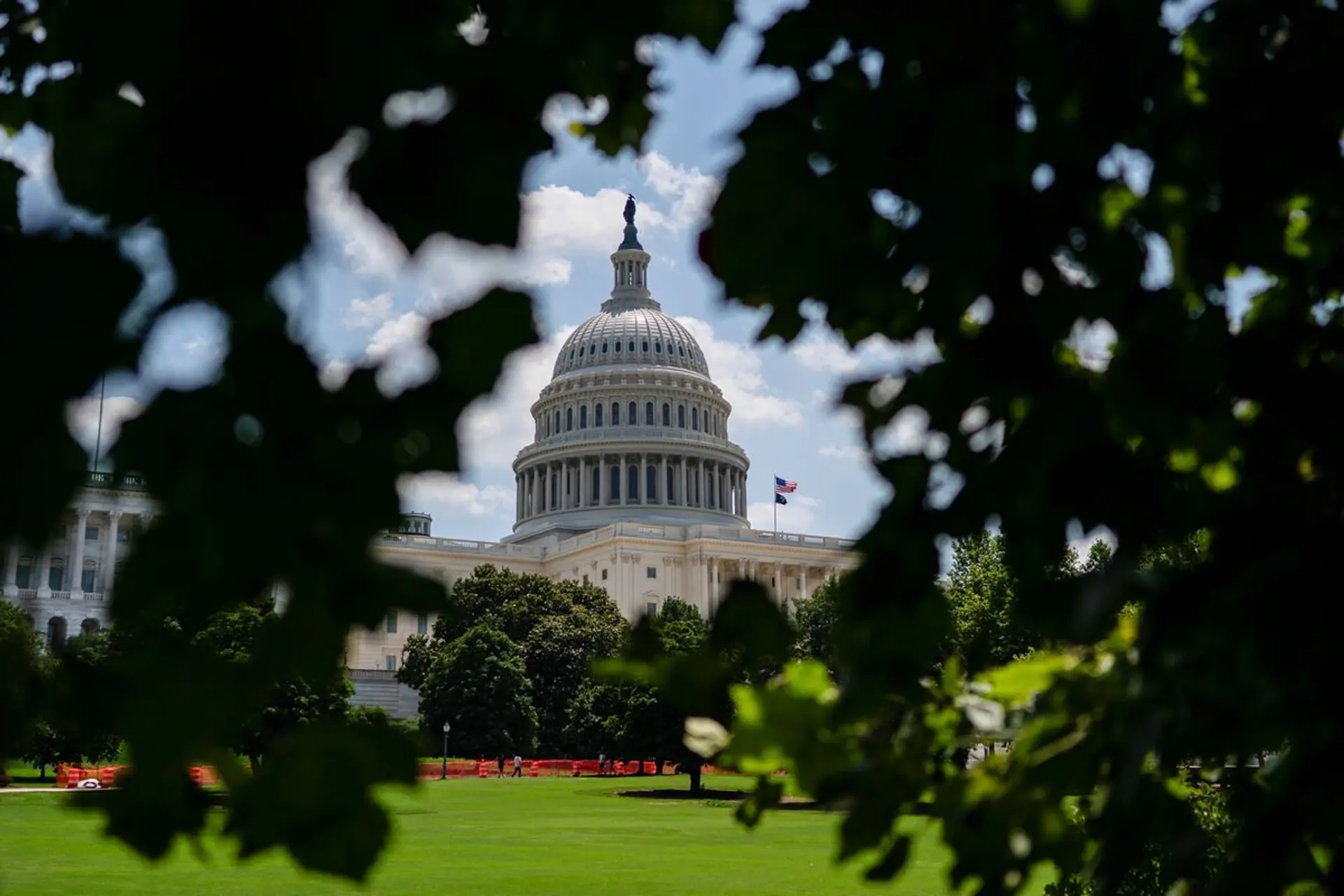A proposal is gaining traction in the US Congress that could significantly alter the landscape of AI regulation. Spearheaded by Senator Ted Cruz, the measure aims to prevent individual states and local authorities from enacting their own AI-specific laws for a period of ten years. This federal intervention seeks to establish a unified national approach to AI governance, overriding the potential for a patchwork of conflicting state regulations.
The primary motivation behind this initiative is to foster innovation and prevent stifling the growth of the AI industry. Proponents argue that a uniform regulatory environment will provide clarity and predictability for businesses, encouraging investment and development in AI technologies. Concerns have been raised that a fragmented state-by-state approach could create compliance complexities and hinder the deployment of AI solutions across the country.
However, critics of the proposal contend that it could stifle necessary safeguards and consumer protections. They argue that states are better positioned to address specific local concerns and adapt to the rapidly evolving nature of AI. A decade-long moratorium on state-level regulation could leave gaps in oversight, potentially leading to unintended consequences and ethical dilemmas. The debate highlights the tension between fostering innovation and ensuring responsible AI development and deployment.
Related Articles

Auditors' AI Oversight Lacking
Read more about Auditors' AI Oversight Lacking →
AI Sparks Energy Innovation
Read more about AI Sparks Energy Innovation →
AI Reshapes Legal Expectations
Read more about AI Reshapes Legal Expectations →
AI Regulation Faces Roadblock
Read more about AI Regulation Faces Roadblock →
